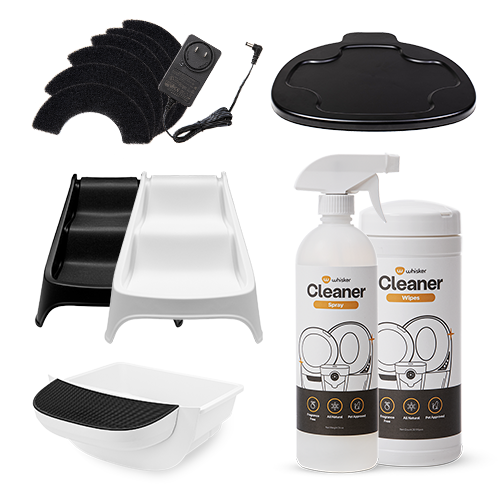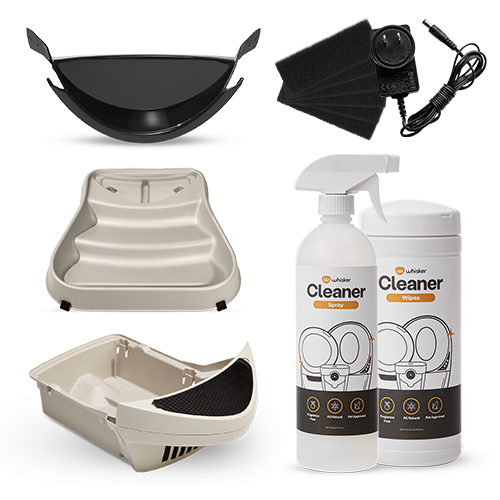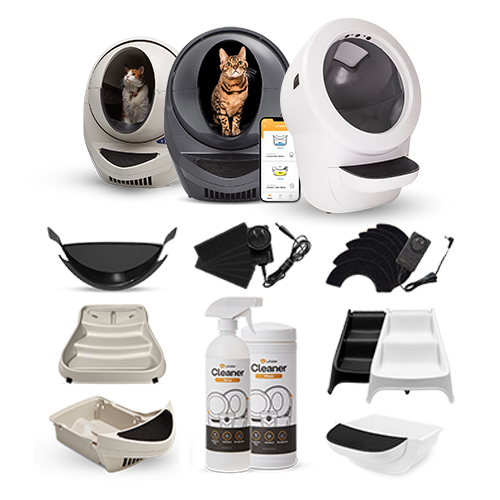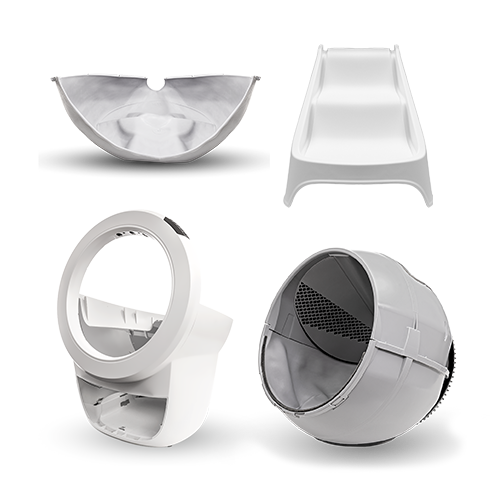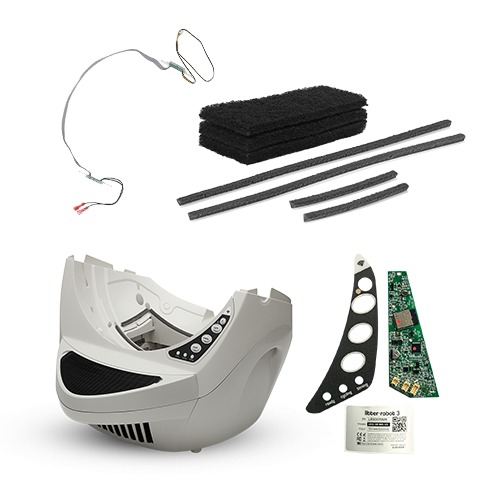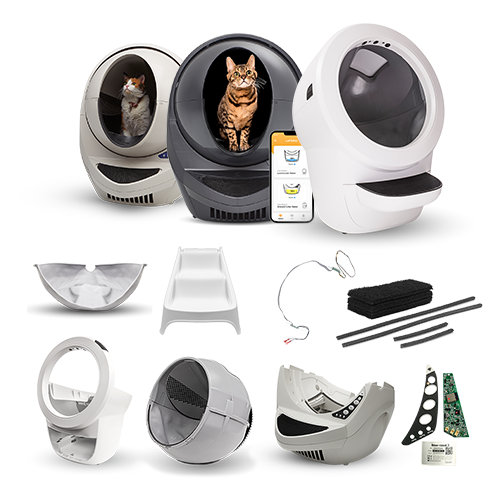The tall tail is that cats have 9 lives. However, like all animals, there is a lifespan for cats and variation between breeds.
A domestic short hair, mixed genetics, can live an average of 15 years, with the oldest known cat (so far) having just died aged 38years.
Pedigree cats may have shorter lifespans, which can be a result of selective breeding for traits that do not foster longevity. There is quite a variation in breeds, with girl cats living longer than boys as well.

However, pedigree cats more often live long lives, as they are more likely to be kept indoors, where they are safe from predators or accidents. They may also receive better nutrition and regular care than in the wild where they need to hunt to survive. A very salient longevity factor is also sterilisation, as breeding cats in the wild often fight, and maybe subject to trauma and health issues when not looked after well, subject to poor nutrition, and producing multiple litters every year.
The life of an indoor cat can be enriched to be as varied and entertaining as that of a wild cat but without the dangers. Modern litter boxes for hygiene, cat towers for agility, cozy safe sleeping beds to cater to cats need to doze most hours of the day, and good food and water available at all times, make indoor living a sanctuary for sustaining feline life. Lots of play and entertainment keeps a cat well exercised and healthy, and very happy in good company.

The current information for the longevity of cats can be found here
As there is no definitive lifespan for a cat, the best way to have your feline companion for as long as possible is to ensure he or she is well cared for, kept indoors and sterilised (if not breeding), with a good life of 12-16 years a rough guide.
Regular yearly health checks with a good cat Doctor (Veterinarian), will also add years to your feline friendship and joy.
